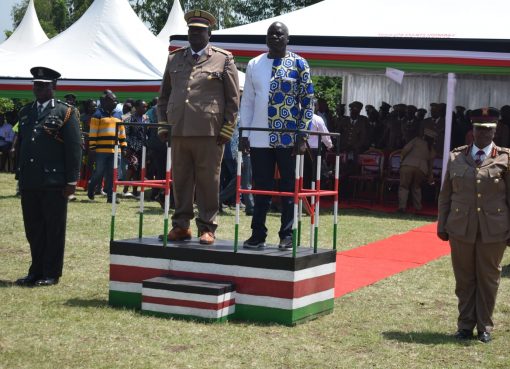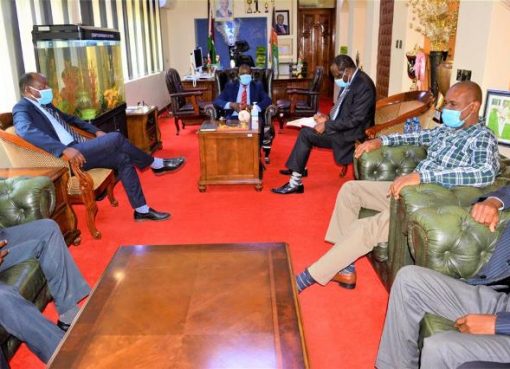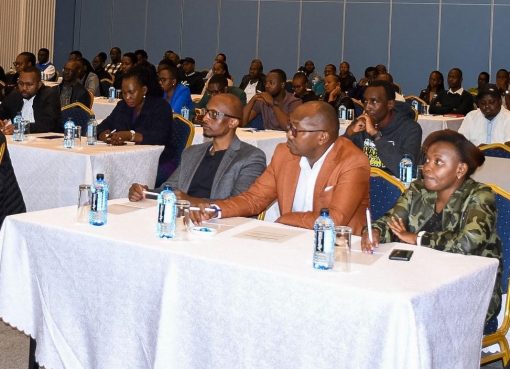A three-year youth program funded by European Union(EU) through the Aga Khan Foundation will came to an end on June 30, this year.
The funds benefited over 15, 000 youth in three counties of Garissa, Lamu and Mandera.
The program mainly funded training equipment for Technical and Vocational Education and Training (TVET) institutions as well as peace initiatives, training on entrepreneurship and agri-business training amongst others.
According to the Foundation Program Officer Kaviha Khamis, the project assisted several vocational colleges with ICT training equipment among them computers and projectors, tailoring materials, beauty and saloon equipment.
Khamis was speaking at Lantern Hotel in Garissa town on Thursday where the Foundation officials met youth groups and institutions they have been supporting to formally inform them that the program was ending.
He said youth groups were also linked with micro finance institution and affirmative action offices such as women representative office, CEC trade and enterprise development as well as Youth Enterprise fund.
“The aim of the program was to improve social and economic opportunities for vulnerable young women and men. It aimed at facilitating greater employment and income generating opportunities,” he said.
He added that the programme helped in increasing the enrollment at Technical and Vocational Education and Training (TVET) across the three counties.
“The best way to empower the youth and make them self-reliant is by equipping them with the right skills,” he noted.
“The community awareness meetings on the importance of pluralism, ethics and diversity have similarly been helpful in bringing communities involved in conflicts together to discuss issues that fuel conflicts,” Khamis said.
The program also partnered with other Non-Governmental organization such as Womankind Kenya and other youth led groups, including Garissa Youth Bunge.
The youth groups leaders who spoke during the meeting cited lack of youth friendly policies and laws as biggest challenges facing young people in Kenya.
They observed that poverty levels among local communities deterred them from saving since they prioritized other basic necessities for their daily upkeep.
Delays in disbursement of youth funds targeting youth and long and bureaucratic requisition process to get the funding were cited among the major challenges.
By Jacob Songok




